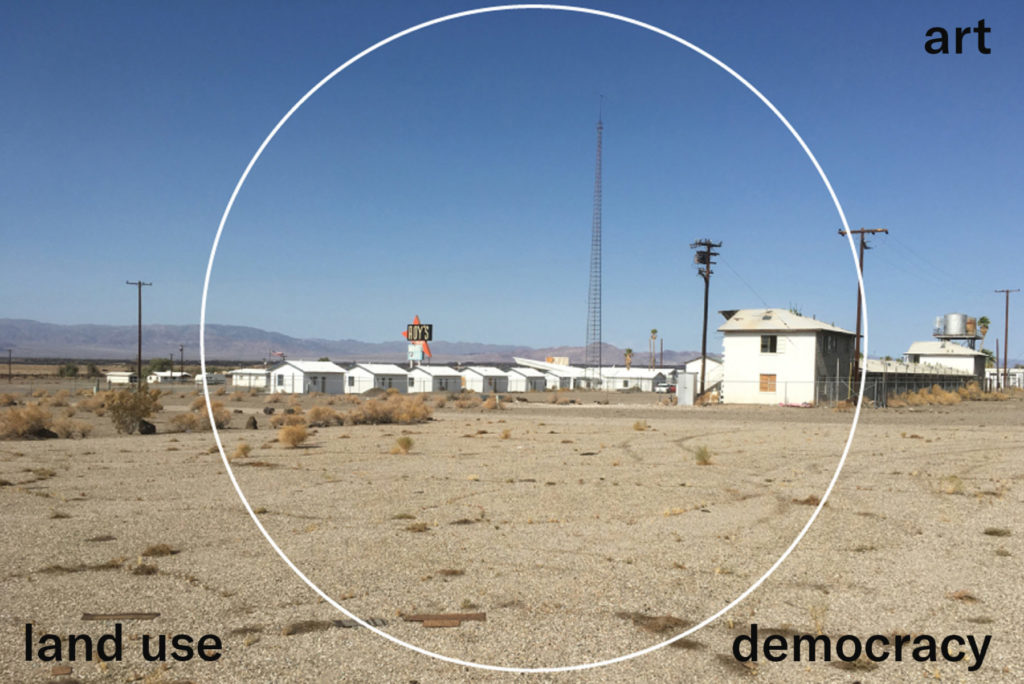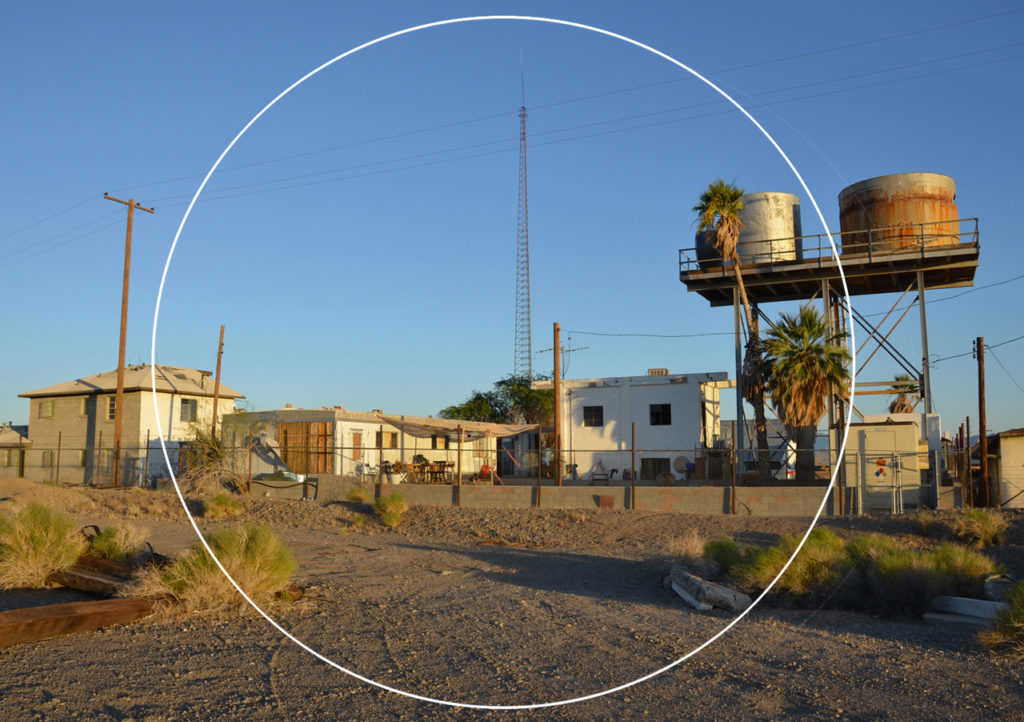
MATZA is an artistic manifesto founded in 2014 by Swiss artist Séverin Guelpa, centered on the ability of a community to unite and create its own tools for emancipation.
Through MATZA, Séverin Guelpa develops a body of works and initiatives, both collective and individual, that revolve around investigations of territory and environmental or social issues. Since 2014, MATZA has engaged with about a dozen sites worldwide, bringing together artists, scientists, and architects to address challenges like drought, glacier melt, or the depletion of marine resources. MATZA has conducted projects in the Mojave Desert in the United States (MATZA Amboy, 2014-2017), on the Aletsch Glacier in Switzerland (MATZA Aletsch, 2016-2018), on the Kerkennah Islands in Tunisia (MATZA Kerkennah, 2017), and at two Swiss sites undergoing construction or transformation, the first in Meyrin (MATZA Meyrin, 2019) and the other in Lausanne (Bivouac, 2021).
From 2022 to 2023, MATZA collaborated with the Edgelands Institute on a series of urban investigations between Medellin and Cucuta in Colombia (2022), Nairobi in Kenya, and Geneva in Switzerland in 2023. Simultaneously, Séverin Guelpa works in other regions around the world, creating a dynamic of temporary workshops around his projects. In 2024, he is active in Tunisia, Chile, the United States, as well as various sites in Switzerland. He has established the MATZA studio, which serves as a platform for experimentation and production.
By engaging with extreme regions or territories facing significant ecological, political, or economic challenges, MATZA seeks, through constantly evolving forms of collaboration, to rethink our relationship with the land.
The matze: A Tool of Early Democracy
The matze is a genuine precursor to the popular petition, consisting of a tree trunk that was uprooted and moved from village to village in the Upper Valais (Switzerland) starting in the late 15th century, to mobilize residents around a common cause. Once convinced, people would drive a nail into the trunk as a sign of support. Reflecting this tradition and in response to current societal issues, MATZA aligns itself with the urgency of changing behaviors and exploring new ways of living together (see History).
